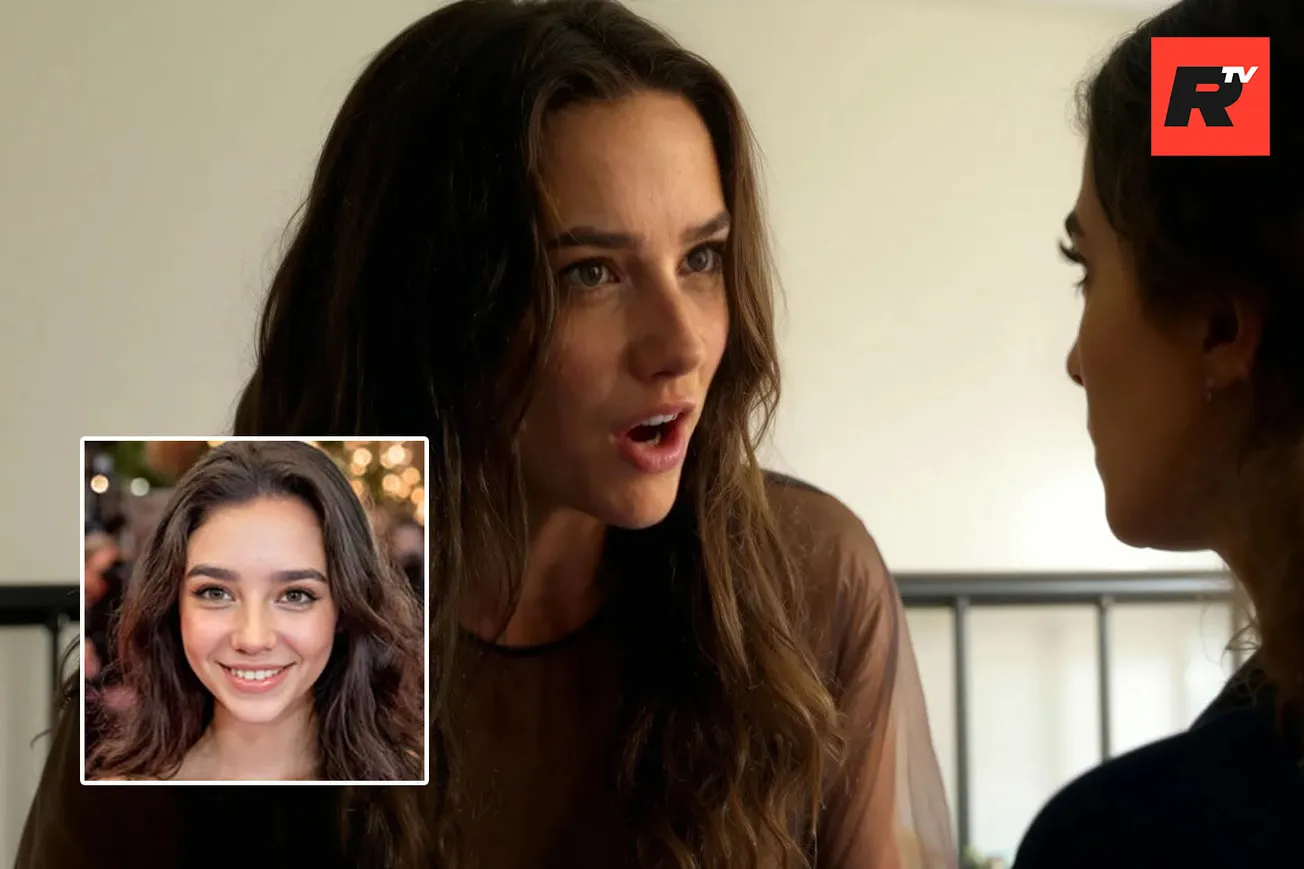Table of Contents
Hollywood churns out plastic, fake faces and follower personalities, where soul-selling A-listers claw for relevance.
Now, those same stars face a new threat: replacement by robots.
Enter Tilly Norwood, an AI-generated "actress" shaking Tinseltown to its core.

Tilly, created by Particle 6 Productions in the UK, boasts flawless skin, symmetrical features, and tireless work ethic—because she isn’t human.
"We want Tilly to be the next Scarlett Johansson or Natalie Portman," physicist-turned-producer Eline van der Velden told Broadcast International. "People are realizing that their creativity doesn’t need to be boxed in by a budget."
Van der Velden's team at Xicoia, Particle 6’s AI talent division, crafted Tilly using ten AI programs, producing clips of her crying, laughing, and delivering lines across genres.
The result? A digital star that's reprogrammable with a single prompt.
Hollywood’s response splits sharply.
Talent agencies clamor to represent Tilly, sensing a game-changer.

SAG-AFTRA, however, slams the innovation, stating, "Tilly Norwood is not an actor. It’s a character generated by a computer program trained on the work of countless professional performers — without permission or compensation."
The union warns, "It has no life experience to draw from, no emotion. Audiences aren’t interested in watching computer-generated content untethered from the human experience."
Van der Velden, a former actor, counters on LinkedIn: "The age of synthetic actors isn’t coming. It’s here."
She calls Tilly a "new paintbrush," not a replacement, insisting audiences crave story over humanity.
Studios, lured by a star who needs no contracts, trailers, or sleep, see dollar signs.
Tilly doesn’t age or stir scandals — a dream for accountants, a nightmare for actors.
AI influencers already dominate social media, but Tilly marks a bolder leap: a manufactured star rivaling real talent.
Her existence signals a future where even beloved actors become optional, their craft reduced to code.
The rise of Tilly Norwood poses a stark question: can a machine truly capture the human soul on screen?
Hollywood, built on dreams and drama, now grapples with a digital disruptor that never tires, never falters, never ages.





